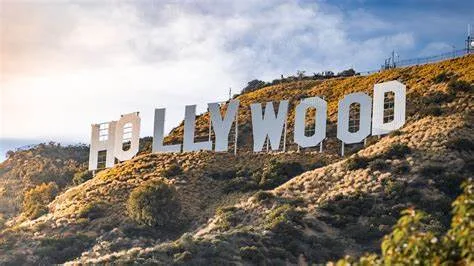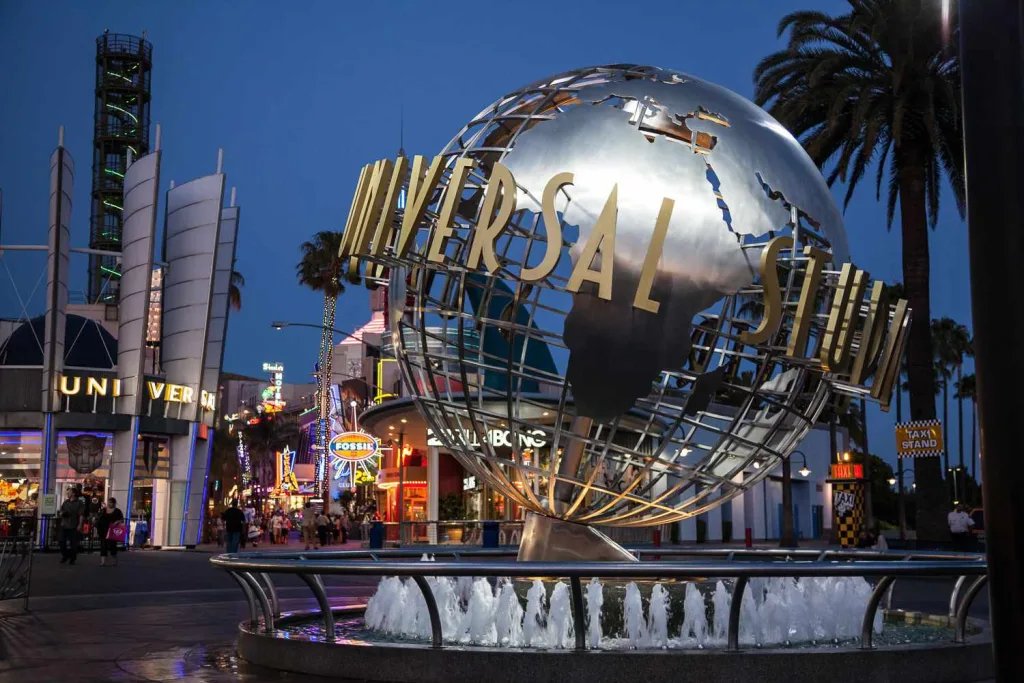In a dramatic policy shift, President Donald Trump has announced a 100% tariff on all films produced outside the United States, arguing that foreign productions pose a national security threat to the American movie industry. The announcement, made via Truth Social, directs the Department of Commerce and the United States Trade Representative to begin implementing the tariffs immediately.
Trump’s Justification: Protecting Hollywood and National Interests
Trump’s statement emphasized that Hollywood is facing a crisis, with foreign governments offering lucrative incentives to attract American filmmakers and studios away from the U.S. He described this trend as a “concerted effort” by other nations to undermine the U.S. film industry, calling it “messaging and propaganda” that threatens national security.
“The Movie Industry in America is DYING a very fast death,” Trump wrote. “Other Countries are offering all sorts of incentives to draw our filmmakers and studios away from the United States. Hollywood, and many other areas within the U.S.A., are being devastated. This is a concerted effort by other Nations and, therefore, a National Security threat.”
Trump’s move aligns with his broader protectionist trade policies, which have included steep tariffs on Chinese imports and restrictions on foreign goods. His administration argues that foreign tax incentives and regulations have put U.S. filmmakers at a disadvantage, leading to a decline in domestic film production.

Impact on the Global Film Industry
The 100% tariff is expected to significantly raise costs for foreign films entering the U.S. market, potentially reducing competition for American productions. However, the policy has already sparked concerns among Hollywood executives, who fear that international collaborations and foreign distribution deals could be disrupted.
Several major film markets, including Canada, the UK, Australia, and South Korea, have benefited from tax breaks and incentives that attract Hollywood productions. The tariff could discourage U.S. studios from working abroad, forcing them to reconsider filming locations and production strategies.
China’s Retaliation and Trade War Escalation
China, one of the largest international markets for Hollywood films, has already responded to Trump’s aggressive trade policies. In April 2025, the China Film Administration announced a reduction in the number of American films allowed into the country, citing U.S. trade restrictions as the reason.
“The wrong action of the U.S. government to abuse tariffs on China will inevitably further reduce the domestic audience’s favorability towards American films,” the Chinese government stated. This move could hurt Hollywood studios, which rely on international box office revenue to offset production costs.

Hollywood’s Response and Economic Implications
The Motion Picture Association (MPA), which represents major U.S. studios, has yet to issue an official statement on the tariffs. However, industry analysts warn that the policy could increase production costs, limit foreign investment, and reduce the diversity of films available in the U.S..
California Governor Gavin Newsom has already introduced new tax credits to revive Hollywood production, aiming to counteract the impact of foreign incentives. Meanwhile, film executives are exploring alternative strategies to navigate the new trade restrictions.
Future Outlook: Will the Tariffs Hold?
While Trump’s 100% tariff policy is set to take effect, legal challenges and industry pushback could delay implementation. The U.S. Trade Representative is expected to review the policy’s impact, and Congress may intervene if the tariffs harm domestic businesses.
As the global film industry braces for potential disruptions, the coming months will determine whether Trump’s aggressive trade stance reshapes Hollywood’s future or leads to economic fallout.
